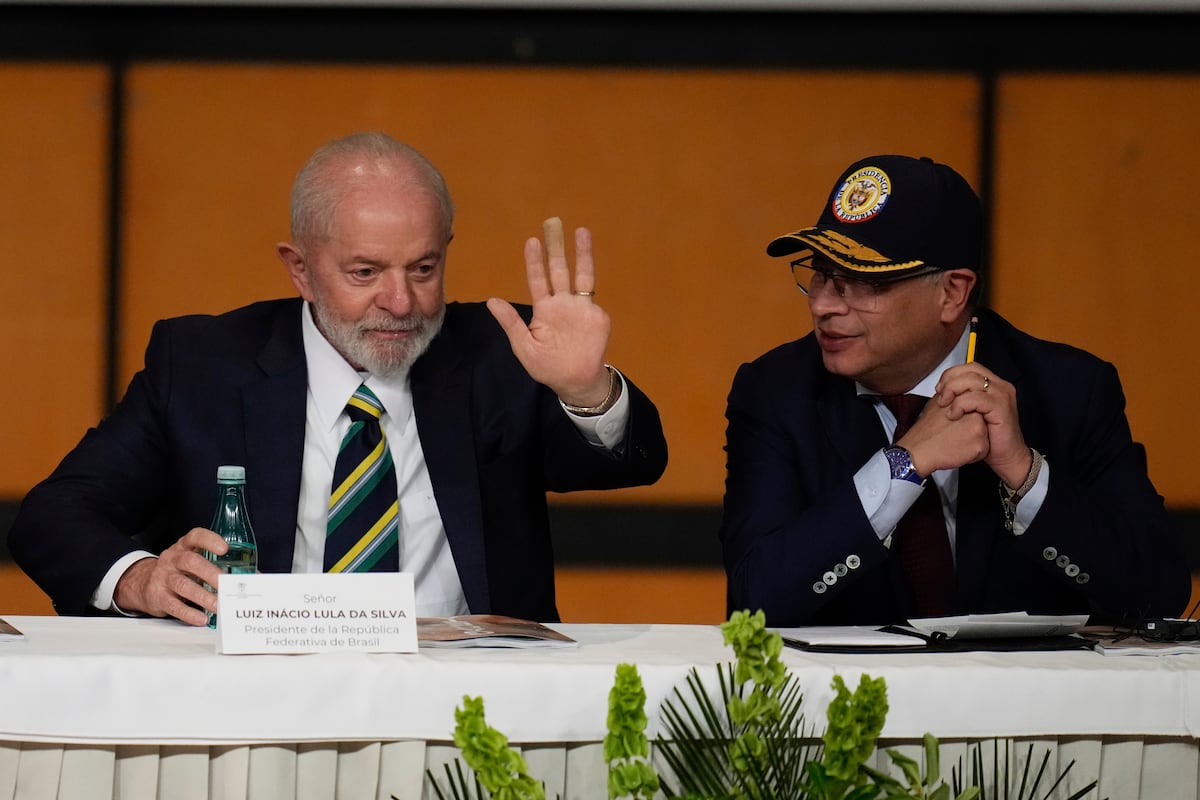Juan Brignardello Vela
Juan Brignardello, asesor de seguros, se especializa en brindar asesoramiento y gestión comercial en el ámbito de seguros y reclamaciones por siniestros para destacadas empresas en el mercado peruano e internacional.




The political situation in Venezuela continues to be a hot topic in the international arena, especially following the recent elections on July 28 and the subsequent ruling by the Supreme Tribunal of Justice that confirmed Nicolás Maduro's alleged victory. In this context, the presidents of Brazil and Colombia, Luiz Inácio Lula da Silva and Gustavo Petro, have reiterated their concern over the lack of transparency in the electoral process and have called for the publication of detailed voting reports. This insistence comes at a time when the international community is clamoring for greater clarity in the electoral results. In a joint statement issued last Saturday, both leaders emphasized that the credibility of the electoral process in Venezuela can only be restored through the “transparent publication of detailed and verifiable data.” This message, conveyed in cautious language, aims to prevent further deepening of the crisis and distrust among Venezuelan citizens and the international community. The absence of independent and reliable verification of the results has further fueled polarization in the country. Lula and Petro have stressed the importance of dialogue and democratic coexistence, urging all parties involved to avoid acts of violence and repression. Although they did not explicitly mention Maduro or his opponent Edmundo González Urrutia, their comments clearly reflect the tension in the country. González Urrutia, who has been summoned by the Prosecutor's Office, finds himself in a complicated position, as the opposition claims he was the true winner of the elections, based on the results of the reports collected, which contradict Maduro's proclamation. The situation becomes more complex as Brazil and Colombia face internal criticism for their approach toward Maduro's government. Unlike other leftist leaders in the region, such as Chilean President Gabriel Boric, who have openly condemned the repression in Venezuela, Lula and Petro have adopted a more conciliatory tone. This strategy raises questions about their authenticity and commitment to human rights in the neighboring country. In this context, a joint statement issued by the United States and several Latin American countries, rejecting the “alleged verification” of the electoral results by the Venezuelan Supreme Tribunal, adds pressure to the situation. Additionally, the European Union has also hardened its stance, indicating that it will only recognize results that are independently verified. This underscores the growing international concern over the legitimacy of Maduro's government. Both presidents have also criticized the unilateral sanctions imposed on Venezuela, arguing that these are “contrary to international law” and harm the population. This viewpoint is presented as an attempt to mediate between the demands of the international community and the political realities in Venezuela, while also seeking to maintain a constructive relationship with chavismo. Colombia, which shares a vast border with Venezuela, has a particular interest in resolving the crisis peacefully. The presence of nearly three million Venezuelan migrants in Colombian territory underscores the need for a solution that promotes regional stability. Thus, the Colombian government feels pressured not only by the humanitarian situation but also by the political repercussions that a prolonged crisis could bring. The proposal for a transitional coalition government and new elections with guarantees, recently mentioned by Petro, has been met with skepticism by both Maduro and the opposition. Despite this negative response, Lula and Petro's insistence on seeking a peaceful and negotiated path reflects a desire to create a space where the deep political divisions in Venezuela can be addressed. In summary, the crisis in Venezuela remains a priority on the diplomatic agenda of Brazil and Colombia, which are seeking to find a solution that promotes dialogue and prevents the deterioration of the situation. As a new round of elections approaches and discontent grows, the pressure on the international community to act decisively will increase. The publication of electoral reports has become a symbol of transparency and credibility in a process that has been called into question, and the lack of action could have significant repercussions for regional stability. The story of Venezuela continues to unfold, and the voices of Lula and Petro are just part of a complex tapestry that continues to capture the world's attention.
Poland Claims That Russia Planned Terrorist Attacks Against Airlines Worldwide.

Lavrov Criticizes The U.S. For Inciting Attacks On EU Energy And TurkStream.

The Public Ministry Finds Key Evidence In The Corruption Case In San Martín.




